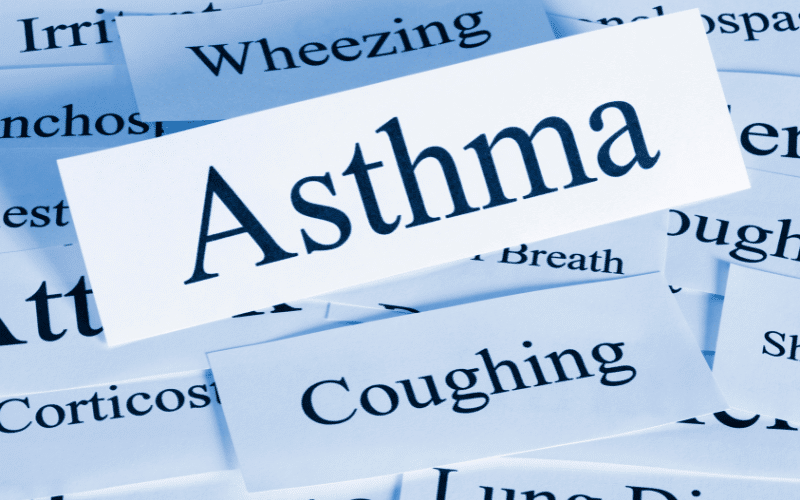Frequently Asked Questions about Asthma Prevention
Advertisements
 Advertisements
Advertisements
1. What are the most common triggers of asthma?
The most common triggers of asthma can vary from person to person, but some of the typical ones include pollen, dust mites, mold, pet dander, smoke, air pollution, respiratory infections, cold air, exercise, and strong odors. It’s essential to identify and avoid your personal triggers to minimize the risk of asthma flare-ups.
2. Can diet and exercise help prevent asthma attacks?
Yes, maintaining a healthy diet and engaging in regular physical activity can help prevent asthma attacks. A balanced diet rich in fruits, vegetables, lean proteins, and whole grains strengthens the immune system and reduces inflammation. Certain nutrients, such as omega-3 fatty acids, vitamin D, and antioxidants, may help improve asthma symptoms. Regular physical activity improves lung function and overall health, which can help manage asthma more effectively.
3. How can I reduce allergens in my home to prevent asthma?
To reduce allergens in your home, clean and vacuum regularly, use air purifiers with HEPA filters, maintain proper humidity levels, and ensure adequate ventilation. Additionally, use allergen-proof mattress and pillow covers, wash bedding in hot water weekly, and clean curtains, carpets, and upholstered furniture regularly. If possible, replace carpets with hard flooring, which is easier to keep clean and allergen-free.
4. What is an asthma action plan, and why is it important?
An asthma action plan is a personalized strategy developed by you and your healthcare provider to help manage your asthma effectively. This plan outlines the medications you need to take for daily maintenance and quick relief during an asthma attack. It also includes strategies for monitoring your symptoms and recognizing when to seek emergency medical care. Adhering to your asthma action plan is crucial for preventing asthma attacks and ensuring that you receive appropriate treatment when needed.
5. How can I stay informed about air quality and pollen counts?
To stay informed about air quality and pollen counts, regularly check local air quality forecasts and pollen count reports. Many weather websites and apps provide this information, allowing you to plan your outdoor activities accordingly. On days with poor air quality, limit your time outdoors, especially during peak hours when pollution levels are highest.
6. Are there any vaccinations recommended for people with asthma?
Yes, people with asthma are encouraged to receive the annual flu vaccine and the pneumonia vaccine. Infections like the flu and pneumonia can worsen asthma symptoms and even lead to severe complications. By staying protected through vaccination, you can reduce your risk of respiratory infections and maintain better control over your asthma.
Conclusion: The Importance of Asthma Prevention
By implementing these 10 asthma prevention tips and strategies, you can effectively manage your condition, reduce the risk of flare-ups, and improve your overall quality of life. From identifying triggers and maintaining a clean environment to building a supportive network and educating yourself, these steps can make a significant difference in your asthma journey. Stay proactive, stay informed, and take control of your asthma for a healthier, happier life.